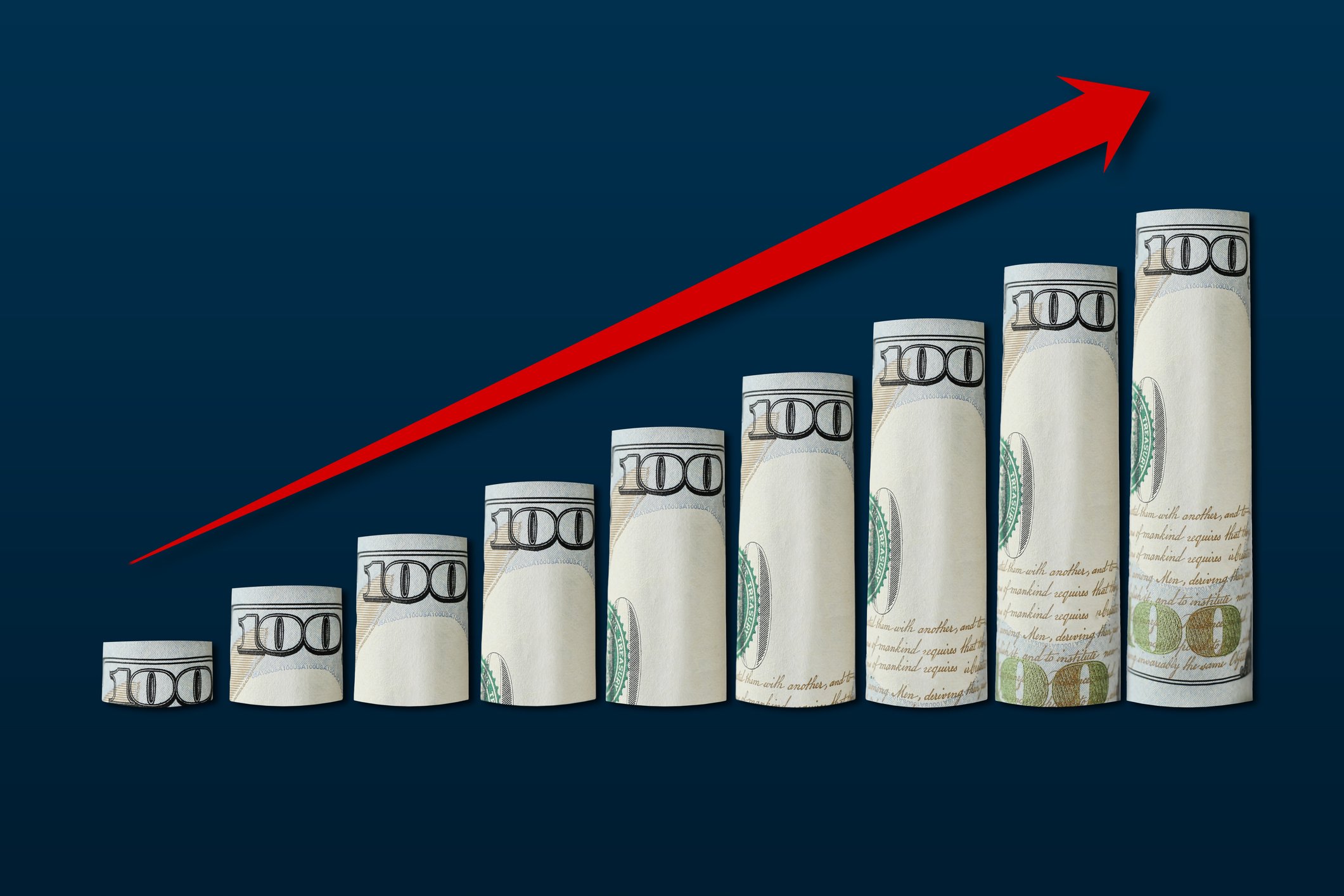ConocoPhillips (COP +3.06%) is in the process of a methodical transformation so it can create value for investors no matter what oil prices do. Its goal is to deliver double-digit returns to shareholders each year by returning capital through dividends and buybacks, reducing debt, and investing in returns-driven production growth. It's a plan that suggests that the company's best days still lie ahead.
It's all about capital allocation
The foundation of ConocoPhillips' plan is the cash flow it can produce from its current portfolio at $50 Brent oil, which it set as the break-even level. After adjusting for its two most recent asset sales, the company anticipates that it can generate about $6.2 billion in operating cash flow this year at that oil price. ConocoPhillips' first priority for that capital is investing what's necessary to keep production flat -- currently less than $5 billion per year -- and paying a sustainable dividend, which has a run rate of about $1.3 billion per year. Any excess cash generated would then go toward its next priorities in the following order: annual dividend growth, reducing debt, repurchasing shares, and investing in high-return projects that deliver modest production growth.

Image source: Getty Images.
The company estimates that $50 oil alone can generate enough cash flow to deliver both a modest dividend increase and debt reduction each year. Meanwhile, as oil prices rise above that level, ConocoPhillips would allocate that capital across the last three buckets. That would enable the oil giant to deliver a total annual return in the high teens versus the low-double-digit return it could produce at flat $50 oil.
Supercharging the plan
Under that plan, rising oil prices would be the key driver of ConocoPhillips' ability to create more value for investors because it would have extra cash to allocate across its other priorities. However, instead of waiting around for crude to rise, ConocoPhillips is undertaking a portfolio cleanup to shed assets that it thought the market had undervalued in its portfolio. Its initial plan was to sell between $5 billion to $8 billion of primarily natural gas assets in North America. That cash infusion, when combined with its cash balance, would enable the company to pay off $7 billion in debt -- reducing it to $20 billion by 2019 -- and repurchase $3 billion of common stock while having enough capital left over so it could increase output by up to 2% per year.
The company, however, added rocket fuel to that plan earlier this year when it agreed to sell its 50% stake in the Foster Creek Christina Lake oil sands partnership to Cenovus Energy (CVE +2.75%). In that deal, Cenovus Energy also acquired ConocoPhilips' Canada Deep Basin natural gas assets, paying $13.3 billion for both asset packages, split between $10.6 billion in cash and $2.7 billion of Cenovus' stock. As a result of that deal, ConocoPhillips expects to reduce total debt down to $20 billion this year, and it anticipates paying off another $5 billion by 2019, reducing debt to just $15 billion. Meanwhile, the company plans on doubling its existing share repurchase program to $6 billion, including repurchasing $3 billion this year alone.
The net result of this transformation is a significant improvement in ConocoPhillips' financial metrics and ability to create shareholder value. For example, the company expects its net debt-to-cash flow from operations ratio to plunge from 4.8 last year to just 1.8 this year. Meanwhile, when combined with its current dividend yield, the share repurchases will enable the company to pay an effective yield of 7.4% this year, which trounces the 1.4% yield of the average exploration and production company. That puts ConocoPhillips well on its way to delivering robust annual returns for investors.
Investor takeaway
ConocoPhillips has spent the past few years shifting from a company focused on delivering low-single-digit annual production growth to one aiming to achieve double-digit total annual returns for its investors. That said, it would go on to supercharge that shift this year by unloading assets, which gave it the cash to accelerate its value-creation strategy. Because of these efforts, the company's best days appear to be just over the horizon because it is now laser-focused on creating value for investors.







